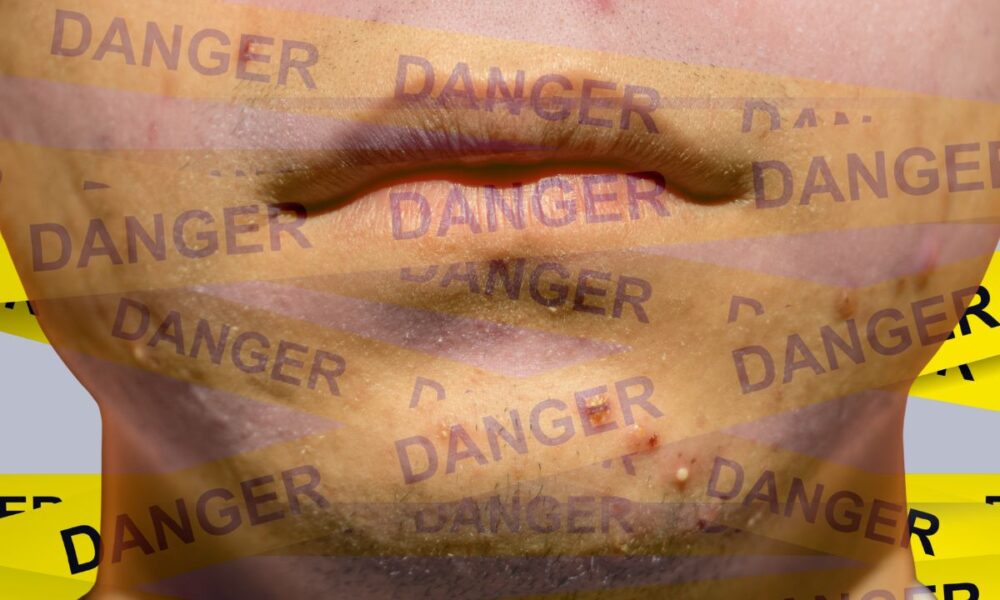Accutane was once hailed as a miracle drug for people struggling with severe acne. Introduced in the early 1980s, the medication known generically as Isotretinoin could achieve what few treatments had ever done: permanently clear cystic acne for many patients.
But that clear skin often came at a heavy cost: physically, mentally, and financially.
Over the years, Accutane has been linked to a troubling list of side effects, ranging from depression and suicidal thoughts to severe birth defects, inflammatory bowel disease, and even psychosis.
By 2009, the original manufacturer, Hoffmann-La Roche, pulled the brand name off the market in America, facing a collection of malpractice lawsuits and growing overall distrust from the public. Yet, the drug itself never disappeared. It still exists today in many generic forms, including Claravis, Absorica, Amnesteem, and others, prescribed to thousands of patients each year.
By 2002, the FDA had reported nearly 200 suicides associated with Accutane, along with thousands of other reports of negative psychiatric side effects, according to data compiled by MedShadow.
More recent studies show that “psychiatric events,” including depression, anxiety, and overall emotional instability, remain among the most frequently reported side effects.
At the same time, dermatologists point out that severe acne itself can fuel depression and anxiety, making the relationship between the medication and mental health complex, and sometimes hotly debated.
The impacts of Accutane have stretched beyond dermatology and into criminal courtrooms.
Defense attorneys have, on several occasions, argued that the drug triggered violent or psychotic episodes in their clients, including murder cases. The claims rarely hold up in court historically, but the fact that they’re raised at all shows a growing unease surrounding Isotretinoin.
A recent example came from Galveston, Texas.
In December 2023, 17-year-old Connor Hilton shot and killed his friend, 18-year-old Ethan Riley, and seriously injured another, Benjamin Bliek. Prosecutors said Hilton lured the teens to his home under the guise of showing off a new gun, per KHOU News, then opened fire. Witnesses recalled him later saying, “What have I done?”
When his trial loomed, Hilton’s attorneys argued that Accutane-induced psychosis had driven his violent behavior, pointing to the medication’s history of psychiatric side effects.
A defense expert even testified that Hilton’s mental state was “compromised” by the acne drug. The judge rejected the argument, ruling the doctor’s testimony inadmissible.
On September 2, Hilton entered a plea deal prior to his murder trial, which was scheduled to begin on September 8, and was sentenced to 50 years for murder, plus 20 years for aggravated assault with a deadly weapon.
One father told the courtroom that his deceased son’s love and light would “overcome the darkness” of Hilton’s actions. The survivor of the shooting described the years of recovery and anger he now carries after the senseless murder that took place in Friendswood, Texas, while telling Hilton to quit crying during sentencing.
For many dermatologists and patients, Isotretinoin is allegedly still worth the risks, as it remains one of the few treatments that can consistently shut down severe cystic acne in medical reports. The Galveston case is just another reminder of Accutane’s dark history, which warranted enough concern to be taken off the market in 2009 and is still surviving under generic names.


